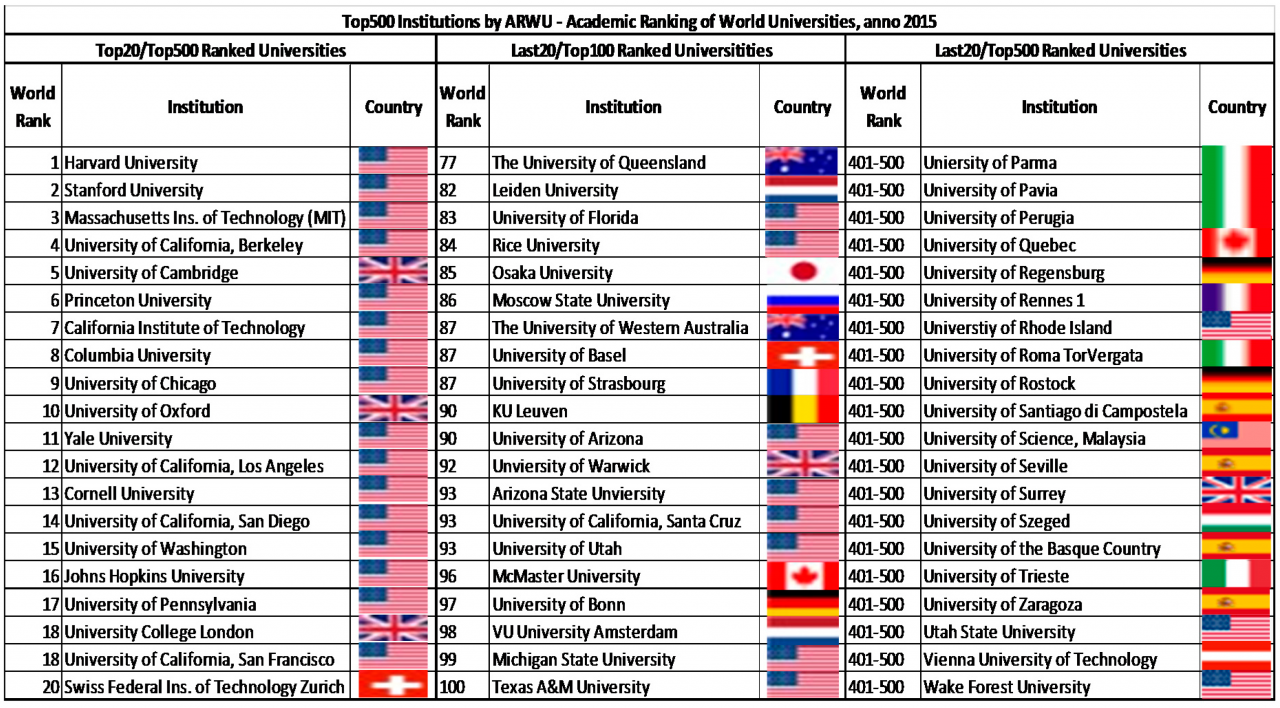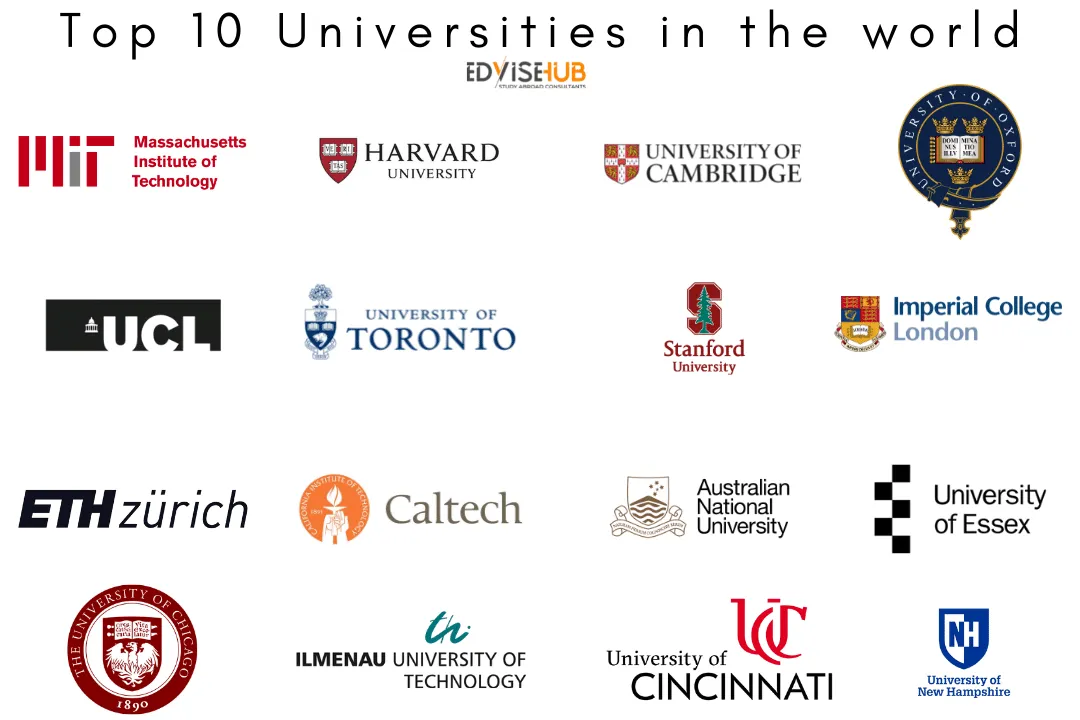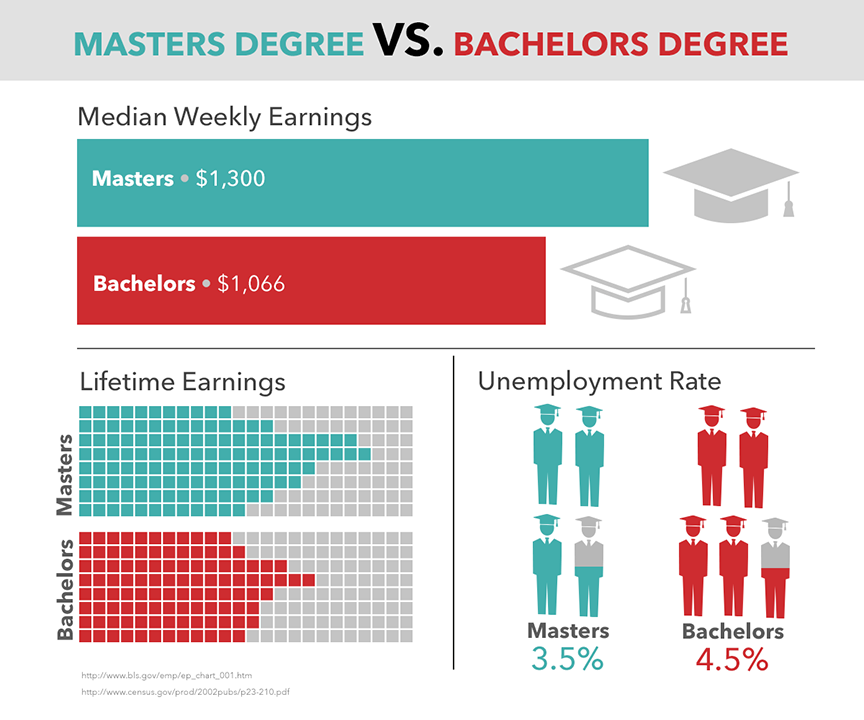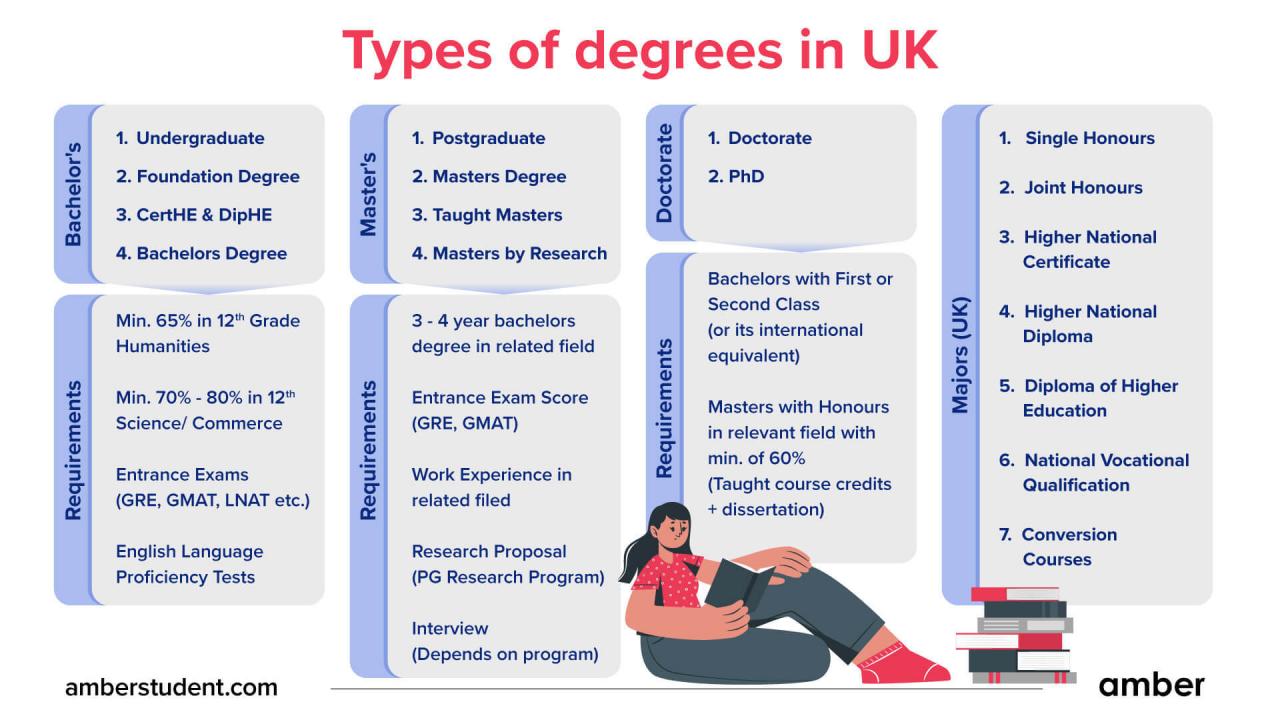Master eu takes center stage as a pivotal force in shaping the future of European studies. This advanced degree program not only defines a crucial academic pathway but also serves as a bridge to numerous career opportunities across the continent. With prominent universities offering specialized curricula, the master eu is becoming an essential qualification for those looking to deepen their understanding of European affairs and improve their employability in an increasingly globalized job market.
As we delve into the structure of master eu programs, we discover a diverse array of courses designed to equip students with critical analytical skills and a comprehensive understanding of European politics, culture, and economics. From innovative assessment methods to a meticulously designed curriculum, these programs promise a robust educational experience that holds relevance in today’s dynamic environment.
Understanding the Concept of ‘Master EU’

The term ‘Master EU’ refers to advanced academic programs focused on European studies within the framework of higher education. These programs are designed to provide students with a comprehensive understanding of European integration, policy-making, and the socio-economic dynamics that influence the continent. As the European Union continues to evolve, the importance of specialized education in this area becomes increasingly significant.’Master EU’ programs play a crucial role in equipping students with the knowledge and skills necessary to navigate the complex landscape of European affairs.
For those looking to specialize in geography and spatial analysis, pursuing a gis master degree can be a game-changer. This program equips students with advanced skills in mapping, data interpretation, and environmental management, paving the way for a successful career in various sectors.
These programs often combine theoretical knowledge with practical insights, facilitating a deeper understanding of the various institutions, cultures, and political environments that characterize Europe. Graduates from such programs are well-prepared for careers in international relations, public policy, and business, among other fields.
Prominent Universities Offering ‘Master EU’ Programs
A number of prestigious universities across Europe offer specialized ‘Master EU’ programs, each bringing unique perspectives and opportunities for students. Below are some noteworthy institutions renowned for their contributions to European studies:
- University of Amsterdam: The University of Amsterdam offers a Master’s program in European Studies, emphasizing interdisciplinary approaches to understanding political, economic, and cultural dynamics in Europe.
- College of Europe: Located in Bruges and Natolin, the College of Europe specializes in European integration and policy, preparing students for high-level careers in European affairs.
- London School of Economics (LSE): LSE’s MSc in European Studies examines the intersection of politics, economics, and sociology within Europe, providing students with analytical tools to address contemporary challenges.
- Sciences Po: This French institution offers a Master’s degree in European Affairs, focusing on the role of the European Union in global governance and policy-making processes.
- University of Edinburgh: The University of Edinburgh’s MSc in European Studies allows students to explore various dimensions of European integration, including history, identity, and politics.
Each of these programs emphasizes critical thinking and practical engagement with contemporary European issues, preparing graduates to make a meaningful impact in their respective fields. The diverse curricula and international perspectives offered by these institutions contribute to a robust understanding of the multifaceted nature of Europe today.
“Master EU programs not only educate students about European institutions but also foster a sense of identity and belonging within the European community.”
Curriculum and Structure of ‘Master EU’ Programs
The curriculum of ‘Master EU’ programs is meticulously designed to equip students with comprehensive knowledge and skills tailored to the complexities of European Union affairs. These programs emphasize an interdisciplinary approach, blending political science, economics, law, and international relations to prepare graduates for various careers within the EU framework.The structure of ‘Master EU’ programs typically includes a mix of core modules, elective courses, and practical components such as internships or research projects.
This combination ensures that students gain both theoretical knowledge and practical experience, making them competitive candidates for roles in EU institutions, NGOs, and the private sector.
Key Courses and Modules in ‘Master EU’ Programs
Various essential courses form the backbone of ‘Master EU’ programs, providing a thorough understanding of the European Union’s functioning. The following modules are commonly included:
- EU Governance and Institutions: This course explores the structure and functioning of EU institutions, including the European Commission, European Parliament, and European Council.
- European Law: An examination of the legal frameworks within which the EU operates, with a focus on key treaties and legislation.
- International Relations in Europe: This module investigates the EU’s role in global politics, including its relationships with neighboring countries and international organizations.
- Economic Policies of the EU: A study of the Economic and Monetary Union, market policies, and the impact of EU regulations on member states.
- Policy Analysis and Evaluation: Students learn to critically analyze and evaluate EU policies and their implications on various sectors.
Assessment Methods in ‘Master EU’ Programs
Assessment in ‘Master EU’ programs is designed to evaluate both theoretical understanding and practical application of knowledge. Various methods are employed, including:
- Written Examinations: These assess students’ grasp of course content and their ability to articulate complex ideas clearly.
- Research Papers: Students are required to conduct in-depth research on specific topics related to the EU, demonstrating critical thinking and analytical skills.
- Presentations: Group or individual presentations allow students to showcase their understanding of course material while developing communication skills.
- Practical Projects: Internships or case studies offer students hands-on experience in applying theoretical concepts in real-world settings.
Sample Curriculum for a ‘Master EU’ Program
A well-structured curriculum provides a clear roadmap for students pursuing a ‘Master EU’ program. Below is a sample curriculum Artikel that incorporates essential courses, elective options, and practical experiences:
| Semester | Core Courses | Elective Courses | Practical Component |
|---|---|---|---|
| First Semester | EU Governance and Institutions | Comparative Politics | Research Project I |
| Second Semester | European Law | Human Rights in Europe | Internship |
| Third Semester | International Relations in Europe | Trade Policies of the EU | Research Project II |
| Fourth Semester | Economic Policies of the EU | Environmental Policy | Thesis |
This curriculum is designed to provide students with a holistic education, preparing them for the multifaceted challenges present in EU-related careers.
Career Opportunities After Completing a ‘Master EU’
Graduates of ‘Master EU’ programs are well-positioned to embark on diverse and rewarding career paths. The unique blend of advanced academic knowledge and practical experience provided by these programs enhances their employability across various sectors, particularly within the European job market. A ‘Master EU’ degree not only signifies a high level of expertise but also opens doors to numerous opportunities in both public and private sectors.The impact of a ‘Master EU’ degree on employability is significant, as it equips graduates with essential skills that are highly sought after by employers.
This advanced education fosters critical thinking, problem-solving abilities, and a deep understanding of European governance, economics, and social issues. Consequently, graduates can find themselves working in various roles that align with their interests and expertise.
Potential Career Paths for Graduates
Graduates of ‘Master EU’ programs can pursue a wide range of career paths, as the skills gained are applicable to various fields. The following are key sectors where alumni have successfully established their careers:
- International Organizations: Many graduates find positions within institutions such as the United Nations, NATO, or the European Union, where they can contribute to policy-making and international relations.
- Public Administration: Roles in local, regional, or national government agencies are common, focusing on policy development and implementation related to the EU.
- Non-Governmental Organizations (NGOs): Graduates often work with NGOs that address social issues, environmental concerns, or humanitarian efforts, utilizing their knowledge of EU policies to drive change.
- Corporate Sector: Many employers value the analytical skills and understanding of regulatory frameworks that ‘Master EU’ graduates bring, leading to careers in compliance, public affairs, or corporate social responsibility.
- Research and Academia: Some alumni choose to continue their academic pursuits, engaging in research or teaching positions that focus on EU studies and related disciplines.
The strong demand for expertise in European affairs makes ‘Master EU’ graduates highly competitive in the job market.
Impact on Employability in the European Job Market
The ‘Master EU’ degree significantly enhances employability for graduates within the competitive European job market. As businesses and organizations increasingly seek professionals who possess a nuanced understanding of European policies and regulations, the qualifications gained through these programs become invaluable. According to recent statistics, graduates with a ‘Master EU’ degree report higher employment rates compared to their peers with bachelor’s degrees alone.
On the other hand, individuals interested in public administration should consider an mpa master program. This degree focuses on developing leadership and management skills in the public sector, preparing graduates to tackle complex policy issues and enhance community welfare effectively.
This advancement is largely due to the specialized knowledge and skills acquired during their studies, which enable them to meet the specific needs of employers.
“Obtaining my ‘Master EU’ not only broadened my knowledge but also expanded my professional network, which has been crucial in landing my current role in a leading NGO.”
Alumni Testimonial
Alumni Testimonials About Career Journeys
Testimonials from alumni provide valuable insights into the career trajectories available to ‘Master EU’ graduates. Many former students have shared their success stories, highlighting the transformative impact of their degree on their professional lives.
- Maria, Policy Advisor: “After completing my ‘Master EU’, I secured a position as a policy advisor in a governmental agency. The program’s focus on European law and governance was crucial in preparing me for the complexities of the role.”
- David, Corporate Social Responsibility Manager: “The analytical skills I developed during my master’s helped me transition into the corporate sector, where I now manage sustainability initiatives for a major corporation.”
- Sofia, Researcher: “I chose to pursue a PhD after my ‘Master EU’, and the research skills I honed during my studies have been indispensable in my academic career.”
These testimonies underscore the diverse opportunities available to graduates and the lasting benefits of earning a ‘Master EU’ degree.
Comparative Analysis of ‘Master EU’ Programs Worldwide
A ‘Master EU’ program offers a unique educational experience, blending advanced academic knowledge with cultural insights from various European countries. The diversity in educational approaches and cultural backgrounds provides a rich tapestry for comparative analysis. This segment delves into the distinct characteristics of ‘Master EU’ programs across different nations, highlighting the subtle yet significant variations that exist.
Comparison of ‘Master EU’ Programs in Different Countries
While many countries within the EU offer ‘Master EU’ programs, each brings its own flavor influenced by cultural, linguistic, and educational frameworks. For example, a program in Germany may emphasize technical skills and research, while one in Italy could focus on creative methodologies and art history.
| Country | Program Focus | Duration | Language of Instruction | Cultural Emphasis |
|---|---|---|---|---|
| Germany | Engineering and Technology | 2 years | German/English | Precision and Innovation |
| France | Business and Management | 1-2 years | French/English | Luxury and Brand Culture |
| Italy | Arts and Humanities | 2 years | Italian/English | Creativity and Heritage |
| Netherlands | International Relations | 1 year | English | Diversity and Inclusion |
| Sweden | Sustainability and Environmental Science | 2 years | English | Environmental Awareness |
A comparative view of these programs reveals how cultural and pedagogical differences shape the educational experiences of students. Each program aligns its curriculum to reflect the socio-economic context and cultural priorities of the respective country.
“The distinct characteristics of ‘Master EU’ programs provide invaluable skills that align with the specific demands of the job market in each country.”
Cultural and Educational Differences in ‘Master EU’ Programs
Cultural nuances play a pivotal role in shaping the educational landscape of ‘Master EU’ programs. For instance, Scandinavian countries often prioritize collaborative learning and student participation, reflecting their societal values of egalitarianism and social welfare. In contrast, Mediterranean countries like Spain and Italy may lean towards more traditional teaching methods, where the professor is seen as the primary source of knowledge.
The structure and content of the curriculum also differ significantly. In Northern European countries, programs may incorporate extensive research projects and internships, emphasizing practical experience alongside theoretical knowledge. Conversely, Southern European institutions may focus more on historical context and cultural studies, encouraging students to engage with local traditions and practices.
“Every ‘Master EU’ program embodies a unique blend of local culture, educational philosophy, and global competencies.”
These differences not only enhance the academic experience but also equip students with diverse perspectives that are essential in today’s interconnected world. The ability to navigate different cultural contexts is increasingly valued in the international job market, making the comparative study of ‘Master EU’ programs an important consideration for prospective students.
Challenges and Trends in ‘Master EU’ Education
The landscape of European studies is continuously evolving, influenced by global events, technological advancements, and socio-political shifts. ‘Master EU’ programs face a myriad of challenges that test their adaptability and relevance in the current educational climate. Understanding these challenges and recognizing emerging trends is crucial for institutions aiming to maintain high-quality educational offerings.Current challenges in ‘Master EU’ programs stem from a variety of sources, including funding constraints, curriculum relevance, and the need for internationalization.
Additionally, these programs must respond effectively to the dynamic nature of the European Union and its policies, which are frequently influenced by external factors such as Brexit and the refugee crisis. Educational institutions are also grappling with the integration of digital learning tools, which have become essential, especially in the wake of the COVID-19 pandemic.
Challenges Faced by ‘Master EU’ Programs
Several significant challenges impact the effectiveness and popularity of ‘Master EU’ programs. Here are key points to consider:
- Funding Limitations: Many programs face budget cuts and reduced financial support, leading to compromised resources and faculty limitations.
- Curriculum Updates: The rapidly changing political and economic landscape of Europe necessitates constant curriculum revisions to stay relevant.
- Digital Transformation: Institutions must integrate technology in teaching and learning, a challenge that requires investment and training.
- Student Diversity: Catering to a diverse student body with varying educational backgrounds and language proficiencies presents ongoing challenges.
- Job Market Alignment: Programs often struggle to align their curricula with the evolving needs of the job market, affecting graduates’ employability.
Emerging Trends in European Studies Education, Master eu
As ‘Master EU’ programs adapt to contemporary demands, several trends are emerging that shape the future of European studies education:
- Interdisciplinary Approaches: Programs are increasingly integrating disciplines such as economics, law, and sociology to provide a more holistic understanding of European issues.
- Online and Hybrid Models: The growth of online learning platforms has made education more accessible, leading to the development of hybrid programs combining online and in-person instruction.
- Focus on Sustainability: There is a growing emphasis on sustainability and environmental policies within European studies, reflecting global concerns about climate change.
- Global Partnerships: Collaborative programs with institutions worldwide are becoming more common, enhancing cultural exchange and broadening perspectives.
- Skills Development: Programs are placing greater importance on equipping students with practical skills, such as data analysis and intercultural communication, that are essential in today’s job market.
Recommendations for Improving ‘Master EU’ Program Quality
To enhance the quality and impact of ‘Master EU’ programs, a set of strategic recommendations can be employed:
- Increase Funding Opportunities: Institutions should seek innovative funding solutions, including partnerships with private sectors and international organizations.
- Regular Curriculum Review: Establish a systematic approach for curriculum evaluations to ensure content remains timely and relevant.
- Invest in Digital Learning: Allocate resources for technology upgrades and provide training for faculty to improve digital pedagogy.
- Enhance Career Services: Strengthening connections with industries and enhancing internship opportunities can better prepare students for the job market.
- Promote Cultural Competence: Encourage programs that focus on language skills and cultural awareness to better equip students for diverse workplaces.





